Frederica Freyberg:
As you just heard, Tuesday was a very good day for Republicans. Wisconsin assembly speaker Robin Vos presiding over an historic majority, and in line with a Republican majority state senate and the governor’s office. Speaker Vos joins us now from Milwaukee. Thanks very much for doing so.
Robin Vos:
Good evening, Fred.
Frederica Freyberg:
First, I wanted to say congratulations.
Robin Vos:
Oh, thank you very much. It was a great night, obviously. We knew the results fairly early, but in the assembly we didn’t know results until late into the night. So I didn't get a lot of sleep, but it was definitely worth it.
Frederica Freyberg:
The governor says that he wants to be even more aggressive with the agenda now. How does that kick off?
Robin Vos:
Well, if you remember back in October, senate Republicans launched our forward agenda where we listened to people throughout our caucus, talked about the issues that we wanted to discuss during the course of the campaign, but most importantly not about the political side, but about the policy side. So we have literally dozens of ideas that we put into our agenda that was released prior to the election. We’re now going to work systematically to address all of the concerns that we put in there, focusing on tax relief, trying to make sure workers are trained, better schools. I think all the priorities that every one of the people watching tonight want us to focus on when we come back in January and put our efforts into.
Frederica Freyberg:
We can tick through some of those, but I have seen that one of the things, you aim to make sure that the university system teaches more and conducts certain kinds of research. What is that about?
Robin Vos:
Well, it’s not about certain kinds of research. What it is is many other states do a mandate where they say every professor has to teach 12 credits. Or, in Minnesota as an example, they actually have a requirement that there’s some sort of juxtaposition to make sure that the classes that are being offered, the majors that are being granted actually result in jobs where people can actually earn a higher standard of living. That's the whole reason people go to college. So all we know is that, as resources become scarcer in state government, I know the UW system has asked for, I think it's $95 million of additional funding, which in essence would just back-fill the tuition freeze. If they’re going to ask us for additional resources the first thing I want to see is that most of the money will go in the classroom so that people can get a college degree quicker with less student debt. But more importantly, the kids who are graduating have an opportunity to go into a field that’s in demand so that more and more people can work in Wisconsin and businesses locate here because we have the great employees to give them.
Frederica Freyberg:
Now, another thing that you want to do is reform the Government Accountability Board. Why and how?
Robin Vos:
Yeah. I mean, I voted for the new Government Accountability Board that was created in one of my first sessions in the legislature. Because I thought the old process, where it was evenly split between Democrats and Republicans almost never agreeing, ended up having the staff run everything was the wrong model. Because it wasn't responsive to democracy. Here I thought we had a better system. But in essence the same thing is happening, where the Government Accountability Board in almost every circumstance rubber stamps the staff, doesn’t necessarily do a good job of searching out the facts, and just takes whatever the staff says is gospel. Now, many times they’re right. But sometimes they’re wrong. One of those example was how they chose to use a sweetheart contract to redesign the ballots with no public input, no input from the legislature, no opportunity for the GAB to even ratify that. That says to me that the organization and management style of the GAB is broken. Probably the staff is the reason, and that’s why I’ve said that the new director needs to be somebody besides Kevin Kennedy. And that's why I’d prefer for us to go through this process, reform it, and have everybody know that the process is fair, not one side questioning the other.
Frederica Freyberg:
You also want to rewrite the John Doe law in Wisconsin. What effect would that have on the John Doe that is now stalled, but the one that is out there having to do with the 2012 recall elections?
Robin Vos:
Yeah, my understanding of it wouldn’t have any impact, but the frustration that I think many of us have– And it doesn’t matter if it’s just about what happened during Governor Walker’s recall. I think that the John Doe is used in pretty normal circumstances for a whole lot of crimes. I want to make sure people’s personal liberties are protected. Of course, we want to have a process where the truth can be found and that witnesses can be protected and the testimony can be compelled so that individuals tell the truth. But I also think in the situation we see where people had their homes raided, that the John Doe was changed 17 different times, where they went back and asked for more authority. That’s not the idea to say it can last forever, it can be a witch hunt with no control, and it can all be done by a retired judge who will never face the public or have to answer for his or her actions. It just seems like the John Doe needs reform. It’s not just because of Governor Walker. His situation is probably one of the highlights. The way that the people who were around him were treated was wrong. But I think there are probably other examples throughout Wisconsin with the same situation happening, it’s wrong no matter who it’s impacting.
Frederica Freyberg:
On the budget, if the state is looking at a projected $1.8 billion structural deficit, what spending gets cut or rejected if you also want another round of tax cuts?
Robin Vos:
Let’s remember, Frederica, that number one, that $1.8 billion structural deficit is a number that was much more political than factual. It’s all about how they ask the question. Se we know that heading into the next budget, we have over a half a billion dollars of surplus once you factor in all of those other expenditures. So I am confident that looking how Republicans have managed the budget in the past, we've been able to reform government, find ways to save and still give money back to taxpayers. The same thing is going to happen in this budget. But I think we're going to have a bigger focus on trying to find efficiencies in state and local governments. One of the ideas that we have in our forward agenda is to create a lean manufacturing concept for local governments, to give them the tools to help say, how can we combine services more efficiently? How can we try to privatize where necessary and streamline where we can? I think that same thing should happen in state government, and that will produce savings. We have a big program called the Star program to consolidate how computers communicate, and in Georgia when they instituted the same plan, hundreds of millions of dollars was saved. So I think there’s a lot of ways to save money without impacting public services, and then give that money back as tax cuts and more money for schools.
Frederica Freyberg:
All right. Robin Vos, thanks very much for joining us.
Robin Vos:
Thanks. I look forward to the next session, and thanks for having me tonight.
Search Episodes

Donate to sign up. Activate and sign in to Passport. It's that easy to help PBS Wisconsin serve your community through media that educates, inspires, and entertains.
Make your membership gift today
Only for new users: Activate Passport using your code or email address
Already a member?
Look up my account
Need some help? Go to FAQ or visit PBS Passport Help
Need help accessing PBS Wisconsin anywhere?

Online Access | Platform & Device Access | Cable or Satellite Access | Over-The-Air Access
Visit Access Guide
Need help accessing PBS Wisconsin anywhere?

Visit Our
Live TV Access Guide
Online AccessPlatform & Device Access
Cable or Satellite Access
Over-The-Air Access
Visit Access Guide
 Passport
Passport





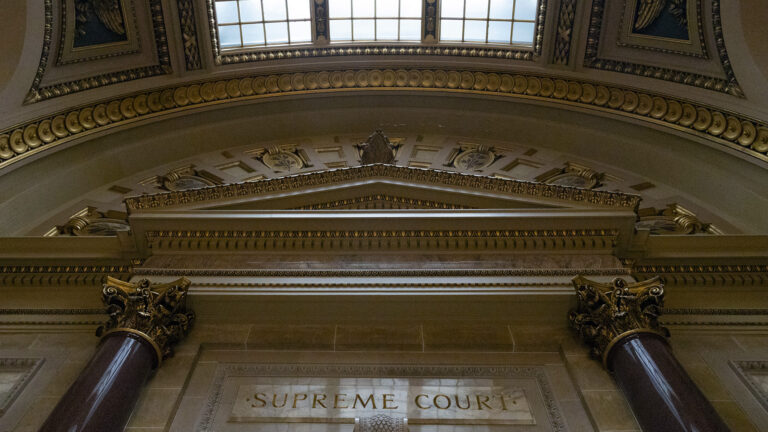



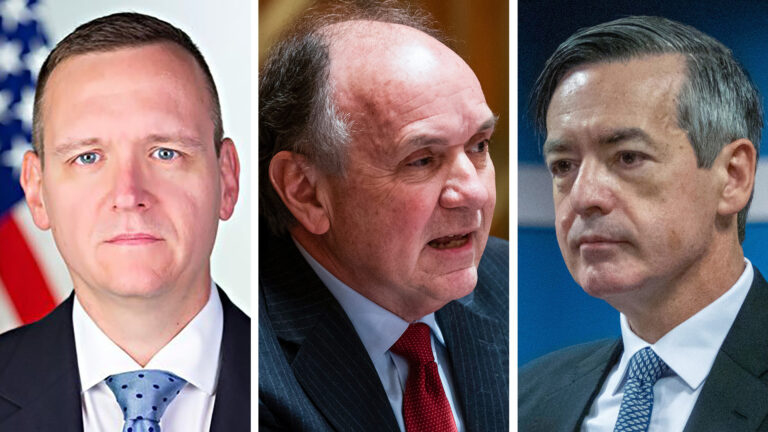
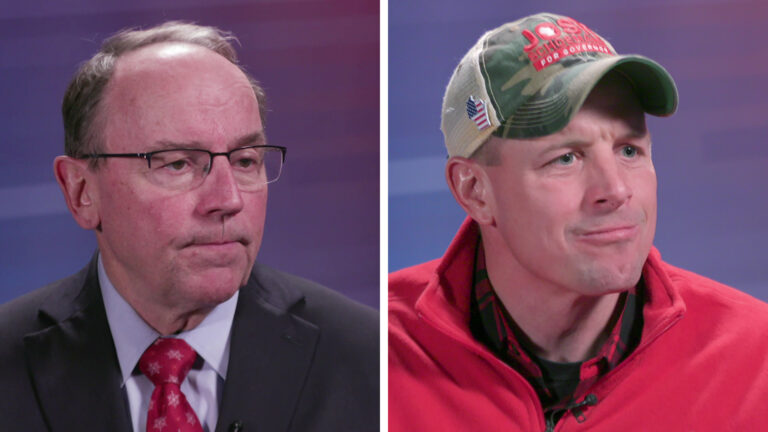
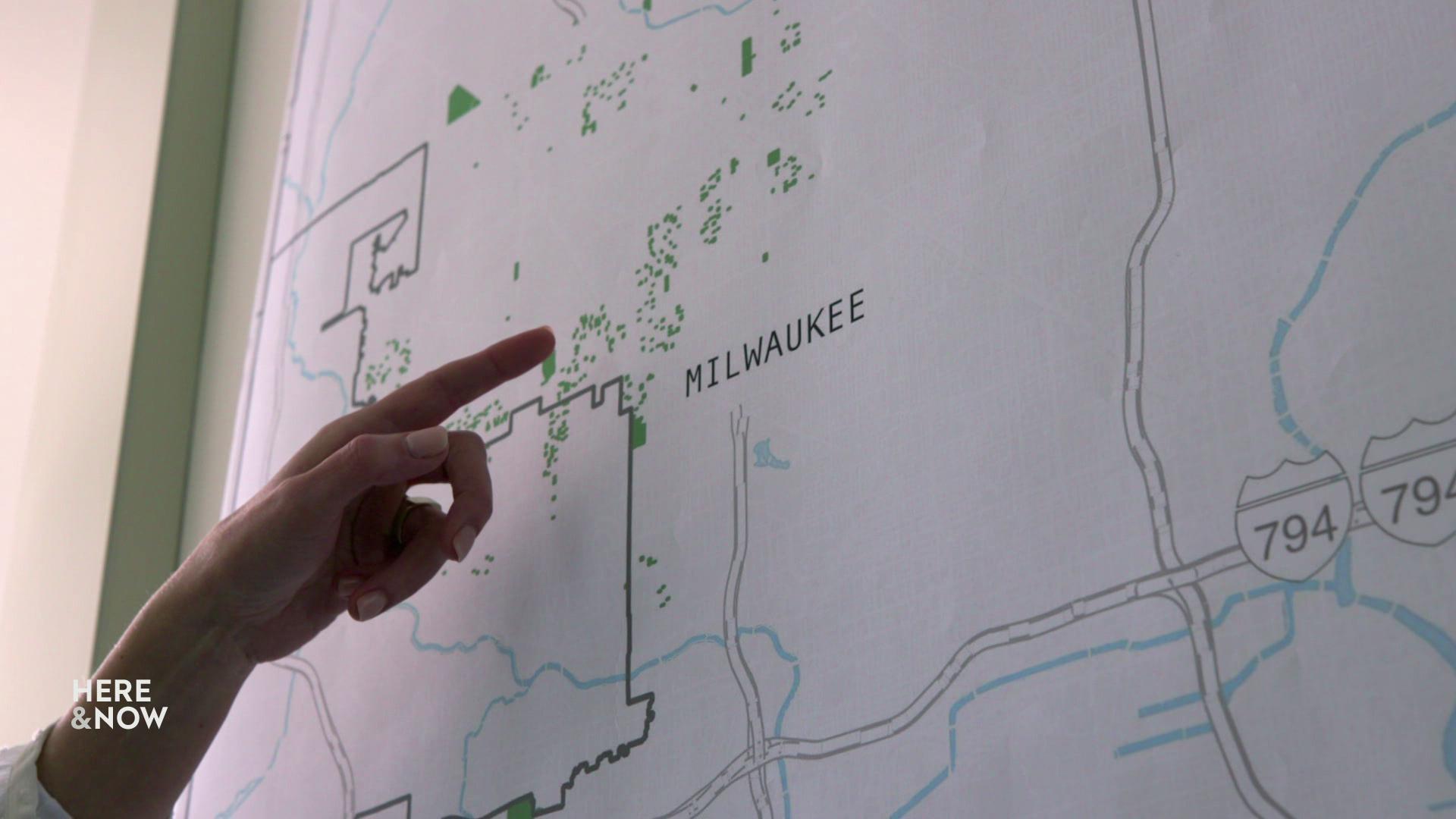
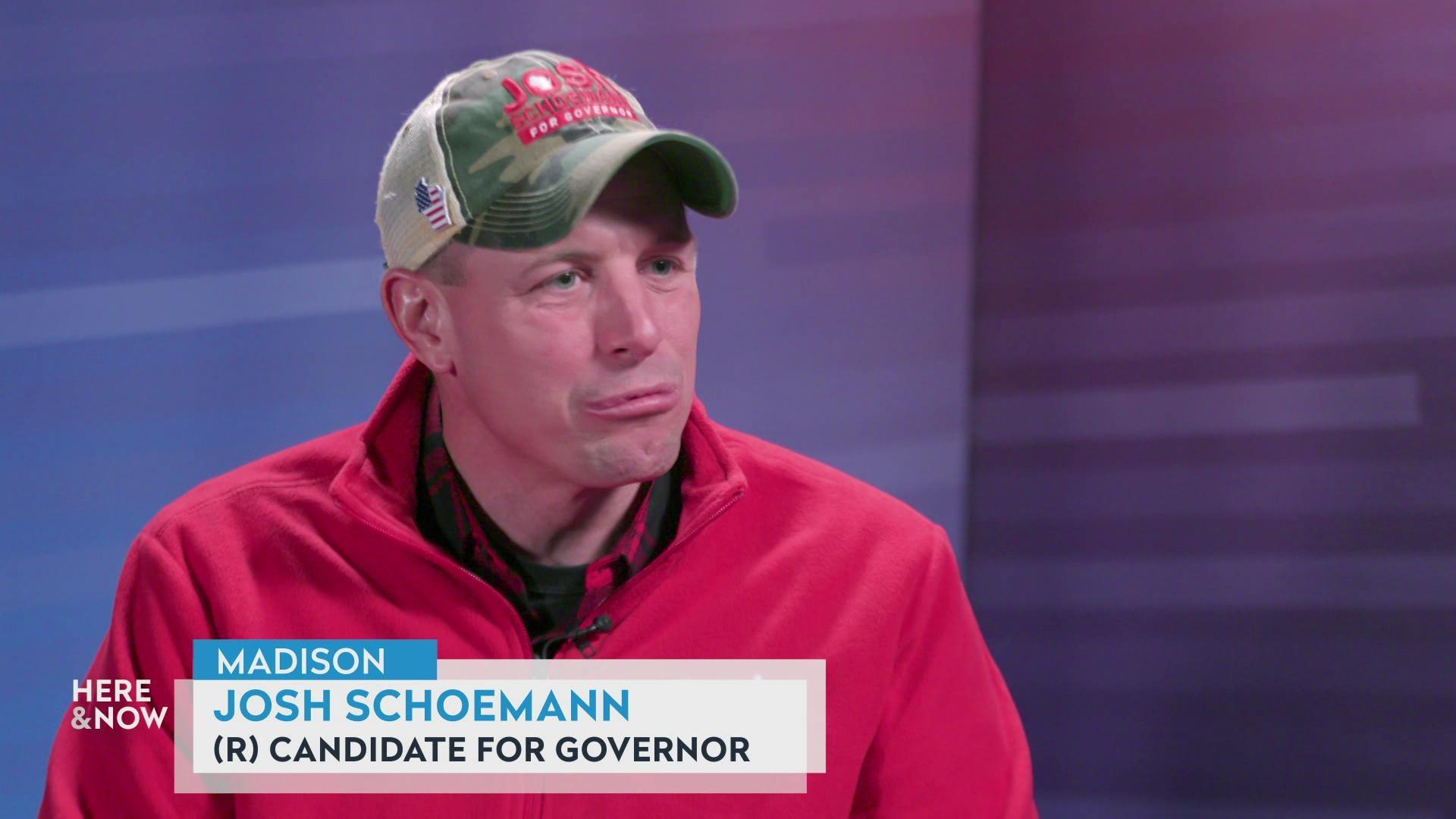
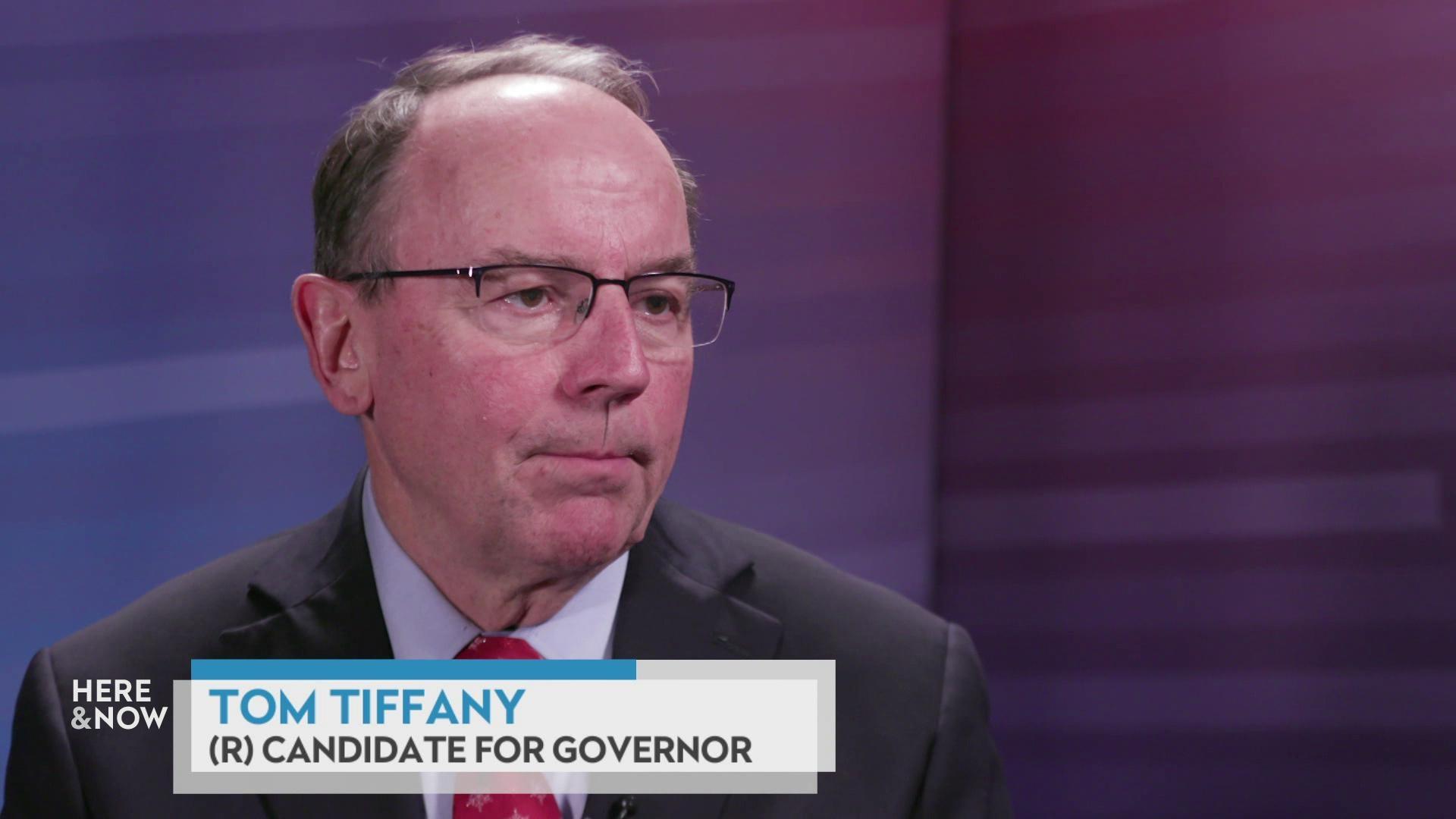
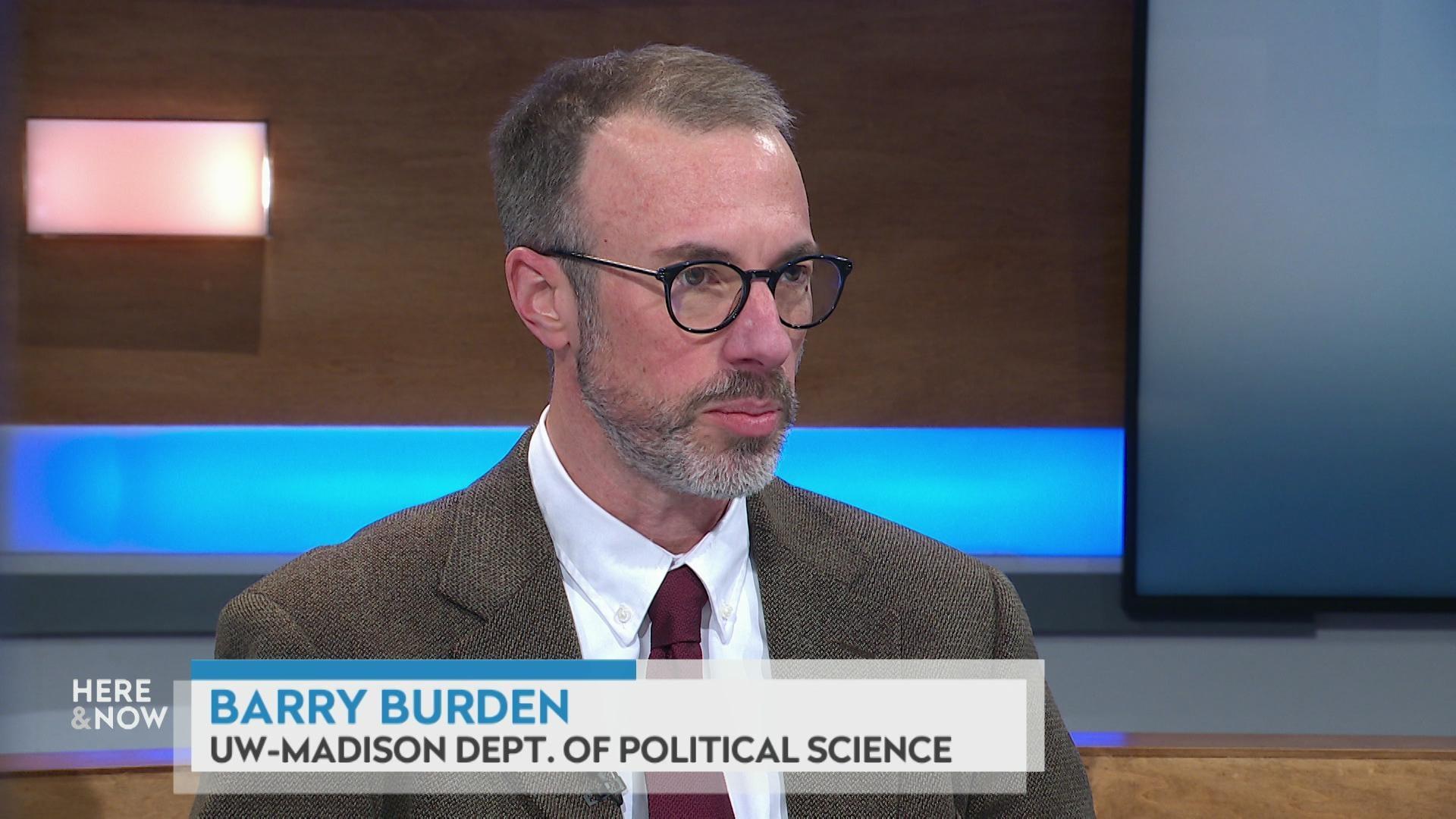
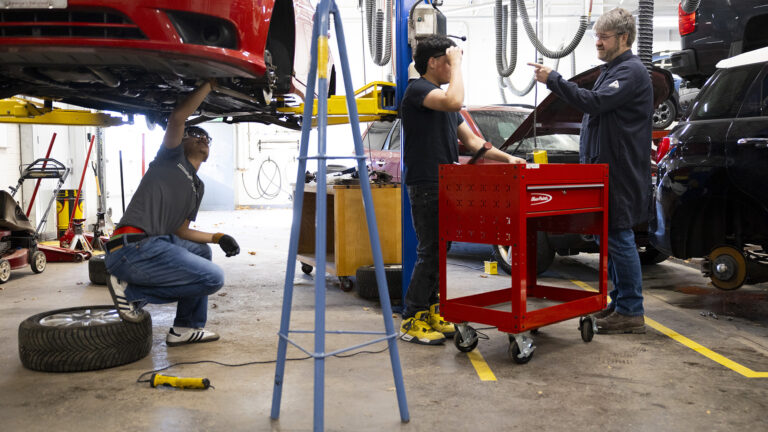
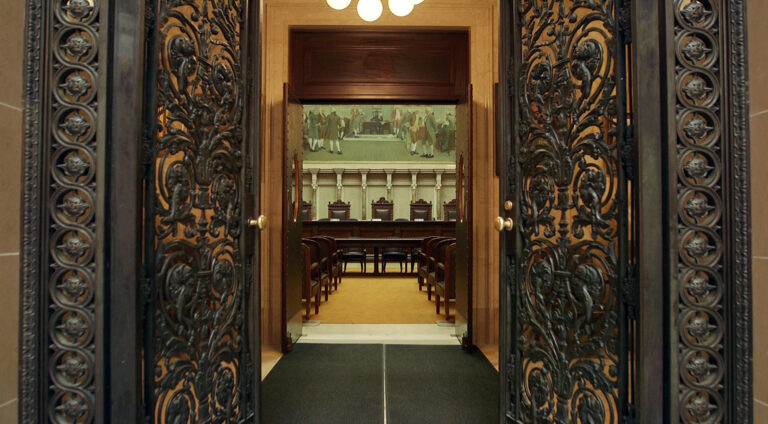

Follow Us